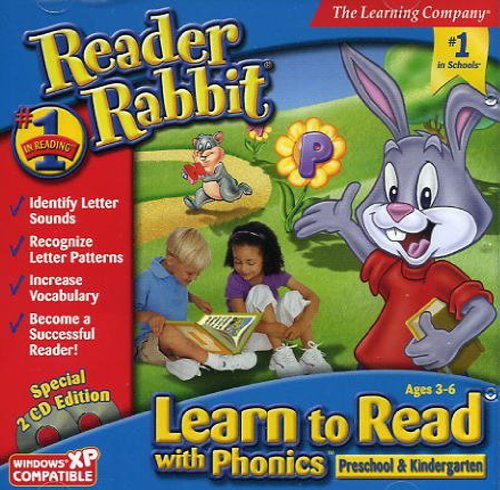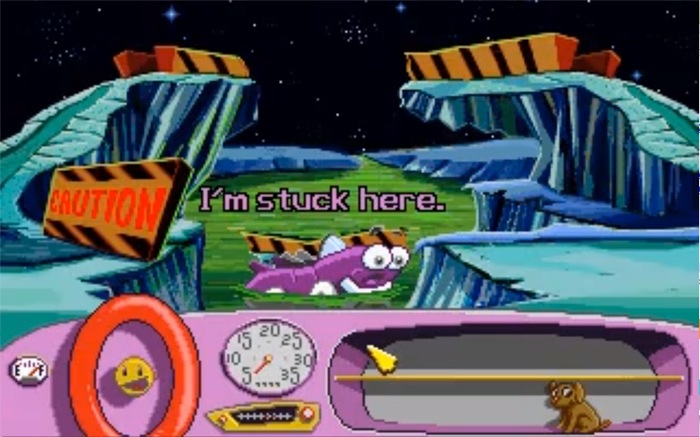





Do you recognize any of these 90s computer games? I remember as a child using games at home like Treasure Math Storm, Reader Rabbit, Jump Start, Amazon/Oregon Trail, to name a few. When I look back, these games really helped me in my learning process. I was homeschooled from 2-4th grade, so these games were a big part of my life. When I started going to public school, you might have seen me playing one of these during the afternoon when I got home. It is interesting to think now as an educator how much educational games have changed and advanced. If I was playing so many games when I was a child, how much more must the kids be playing today. We have a huge opportunity at our hands to enhance learning and make it fun. Using gaming in the classroom can be the key to our success as educators in this time.
There is a lot of research which goes to show how games can enhance learning. We can easily shorten these reasons down into a few key points. Stephanie Chen describes four reasons why we should gamify our classrooms:
1. When playing games, it's okay to lose
2. Game playing encourages collaboration, peer validation, and a different kind of teamwork
3. Digital classroom games are especially helpful for students who struggle in school
4. Classroom gaming has never been easier
(Chen, 2016)
One of my hopes for my upcoming school year (starting in February 2019), is to incorporate some more games into my students' learning process. They are currently using Starfall, which is a free online phonic program with games and activities, but I would like to do something even more interactive. I am currently looking into a Scholastic program called "Ooka Island," which seems like a great option.

Ooka Island is a reading program that can help gamify my classroom. It is a game-based learning app in which students learn the fundamentals in reading skills. They start the game by creating avatars and then start their quest of a series of missions. These can include identifying letters, segmenting words, and pronouncing words. As they move through various levels, students are expected to be able to successfully comprehend second grade level books. The game automatically customizes to each student as they advance, differentiating for the specific needs of each student (Edsurge 2015).
Ooka Island also includes built in e-readers for the students to read. The program focuses on these five fundamentals: phonemic awareness, phonics, vocabulary, fluency, and comprehension. Each time the student passes a milestone, they gain new unlocked content to help keep them engaged. They move through a cycle of guided phonological skill development, reading for vocabulary and fluency and then a time for free play (Scholastic, 2018).
The Scholastic Ooka Island website provides a variety of PDF documents which include research done about the program and its successes. For students learning a new language, I believe this could be extremely beneficial for their learning processes. The only thing I can think that might be difficult for the students is if they are unable to understand oral directions from the program, or unable to have English support at home. There is also a cost which leads to about 10 dollars per student per year, which could possibly be doable by the school if there is enough support in doing so. The great thing is that it can be accessed on any type of device.
I would like to use this program in the next school year to help the students learn letters and sounds by play. There is such a drive and enthusiasm brought upon the kids when they advance and gain levels that incorporating learning into the mix would help them out in their language development.
Sources:
Chen, Stephanie. “Classroom Gaming: What It Isn't, What It Is, and How to Do It Right - EdSurge News.” EdSurge, EdSurge, 13 Mar. 2018, www.edsurge.com/news/2016-02-23-classroom-gaming-what-it-isn-t-what-it-is-and-how-to-do-it-right.
Edsurge. “Ooka Island - Product Reviews.” EdSurge, 2015, www.edsurge.com/product-reviews/ooka-island.
Scholastic. “Ooka Island.” Scholastic Ooka Island, 2018, www.scholastic.com/education/ookaisland/#/.
I remember using Reader Rabbit and other educational games on the computer during my elementary age years. I went to public school for all my education, but would also go home after school or on the weekend spend time playing the games...voluntarily. I agree that students love to play interactive games, and that they're motivated as they get to earn coins, points, etc. through the games.
ReplyDeleteOoka Island sounds interesting. Your plan and vision for using Ooka Island with your students sounds great. I'd love to hear how it goes once your school year starts back up in the new year.